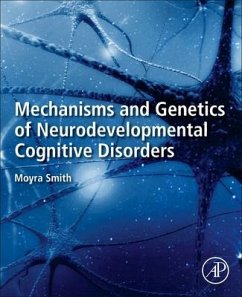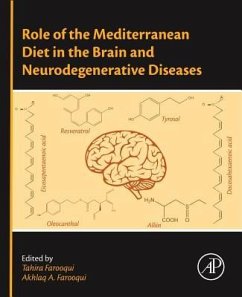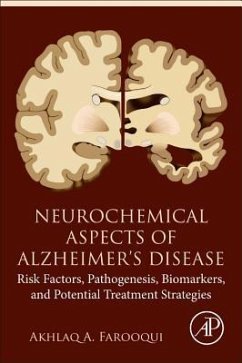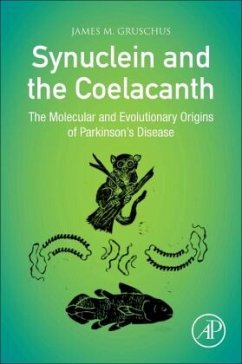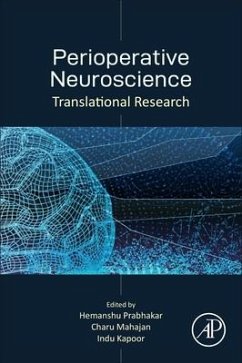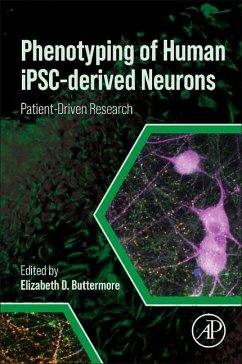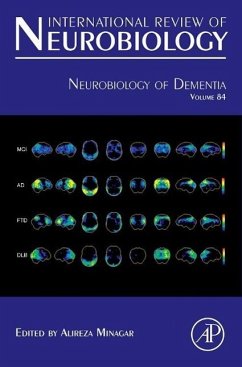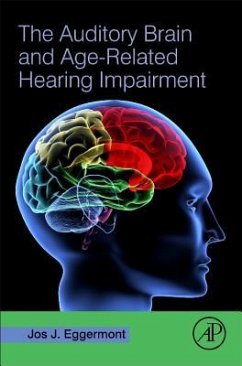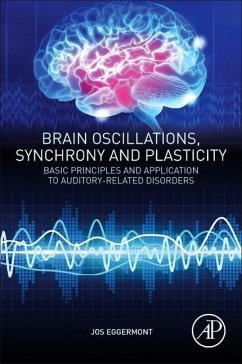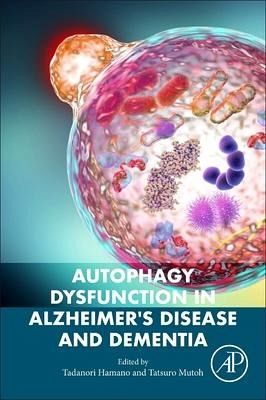
Autophagy Dysfunction in Alzheimer's Disease and Dementia

PAYBACK Punkte
50 °P sammeln!
Autophagy Dysfunction in Alzheimer's Disease and Dementia provides an overview for researchers and clinicians on the mechanisms involved in protein degradation in Alzheimer's. The book discusses the implication of autophagy dysfunction in these diseases and how it causes degenerated proteins, including aggregated tau and aggregated amyloid protein. Other sections explores the possibilities of potential drug development through autophagy modulation, making this a great resource on the study of how autophagy dysfunction has been linked to the accumulation of misfolded proteins that cause death o...
Autophagy Dysfunction in Alzheimer's Disease and Dementia provides an overview for researchers and clinicians on the mechanisms involved in protein degradation in Alzheimer's. The book discusses the implication of autophagy dysfunction in these diseases and how it causes degenerated proteins, including aggregated tau and aggregated amyloid protein. Other sections explores the possibilities of potential drug development through autophagy modulation, making this a great resource on the study of how autophagy dysfunction has been linked to the accumulation of misfolded proteins that cause death of neurons in Alzheimer's and other neurodegenerative diseases.



